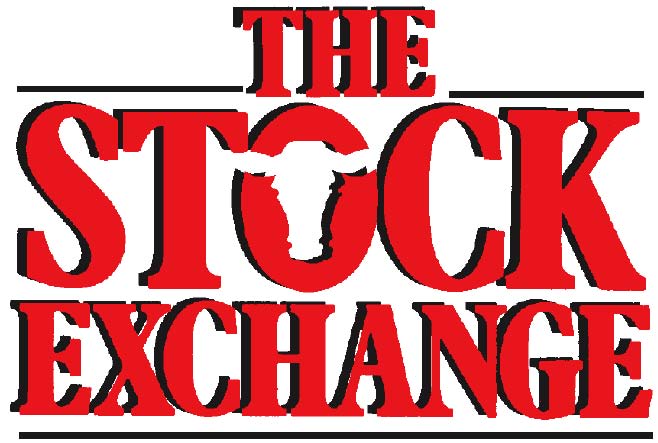Garth Ruff, Beef Cattle Field Specialist, OSU Extension (originally published in The Ohio Cattleman Early Fall, 2021 edition)
Plan now to make the most of your spring calf crop
While summer is winding down there is no shortage of things to keep a beef producer busy this time of year. Depending on the calving season of choice, we are either approaching fall calving or wrapping up the breeding season for some spring calving herds. There is still hay to be made and corn silage harvest is not too far away. Now is the time to manage some pesky pasture weeds and perhaps sneak in that last minute summer vacation.
I mention all the above in an effort to encourage producers to begin thinking about fall and making those management decisions that have positive impacts on the 2021 spring calf crop. So, before we think about kicking back and watching the Buckeyes on the gridiron, consider practices that will add value to the calf crop about to be marketed.
Feeder cattle prices continue to be strong, perhaps better than predicted during our cow-calf outlook program around the first of the year. While I am not an economist, my colleagues across the Land-Grant system contribute the strong prices in part to the slight contraction we have seen to the national cow herd.
In July, USDA reported the largest midyear reduction in cow inventory, in large part due to the extreme drought in the western US and the northern plains. At the time of writing this there are nearly 100 wildfires burning in the West, with little relief in sight. Locally, high selling cull cows and several retirements from the cow-calf business, have helped shorten the supply of feeder cattle.
When feeder cattle are in short supply, there is even greater opportunity to capitalize on premiums in the marketplace, but planning should be underway, as adding value to feeder cattle doesn’t just happen overnight.
An ideal plan is to have calves weaned for at least 45 days before marketing. “But, I don’t have a place to keep calves separate for 45 days.” I understand for many producers this is an obstacle for many cattlemen in the state, however it is one that can be overcome with we look at return on investment. A simple corral, a good fence to split a pasture, and alley with headgate are more than enough to get the job done.
With workable handling facilities, vaccination and castration are less limiting factors to increasing calf value as well. As part of Beef Quality Assurance reach out to your veterinarian to develop a vaccination plan that fits your target market.
Sale data is pretty clear that preconditioned cattle, that have been weaned for 45+ days, outsell cattle that are weaned off the cow the day they are sold. It does take time, a little bit of feed, and some workable handling facilities, but the revenue generated from the improved management will cover that cost over time.
Remember to market the value that you have added to your cattle. If selling at auction, the market needs to have recorded exactly what you have done in order to announce it to the potential buyers in the seats. It doesn’t make sense to go through the extra work and put he cattle through the chute if you aren’t able to take a few moments to market what you have done. A beef cow has only limited opportunities to generate revenue in her lifetime, once a year when she as a calf, and once when she is culled. We might as well make the most out each of those opportunities.
